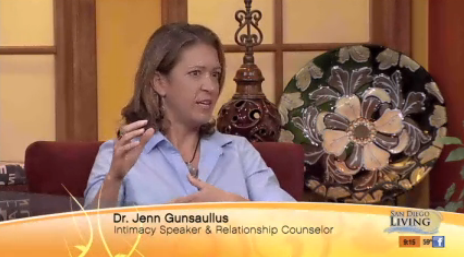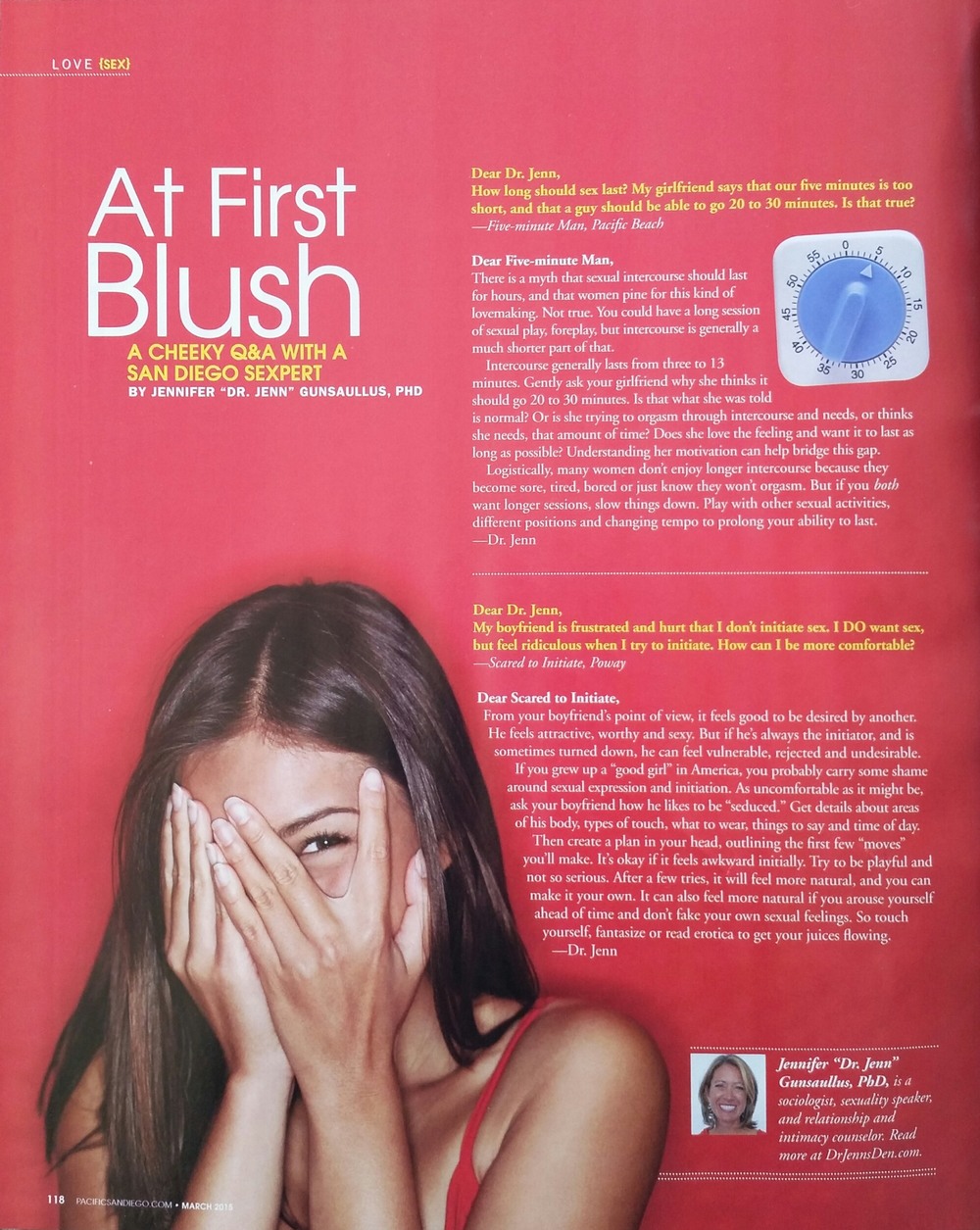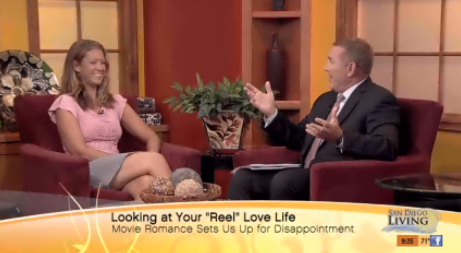Two Questions to Ask...When You've Pissed Off Your Partner But Don't Know Why!
/ You’ve probably experienced this before—you’re having a regular, nice, normal conversation with your partner, and suddenly they are pissed off at you. Or, your partner is already unhappy about something unrelated to you, so you’re talking to them and offering support. But without warning, you now see anger on their face that is directed at you. What happened?!
You’ve probably experienced this before—you’re having a regular, nice, normal conversation with your partner, and suddenly they are pissed off at you. Or, your partner is already unhappy about something unrelated to you, so you’re talking to them and offering support. But without warning, you now see anger on their face that is directed at you. What happened?!
In any relationship, and especially early in a relationship, you can’t necessarily predict what is going to trigger your partner’s insecurities or patterns, and how they are going to interpret something that otherwise seems benign to you. And when they react with hurt or anger, it may leave you flustered, confused, and defensive. But instead of being reactive, try nicely asking these two questions:
1. What could I have done or said differently?
2. Why is this important to you (or what does this mean to you)?
Asking questions like this is helpful because it’s a total pattern-interrupt for both of you. You have the opportunity do something different, stay present in the moment, and both bring some structure and rationale to an emotionally triggered situation. Then, by asking what you could have done differently, you get the opportunity to get into the head of your partner, and find out what he/she needed in that moment or was expecting. This also makes your partner take responsibility for coming up with a potential solution, instead of just being pissed off. The second question gets to the heart of why your partner was triggered. Did they think you were talking down to them? Trying to “fix” the situation? Implying they were stupid? Or that you didn’t care about them? Listen carefully when they share their interpretation and meaning of that interaction, and don’t rush to defend your actions. And then apologize.
 Hopefully, by allowing your partner to speak their truth in that moment and listening with genuine interest instead of defensiveness, they feel heard and understood. And you can now gently share about your thoughts and intentions, and come to a better understanding as a couple overall. I suggest sharing these questions with your partner so that you can both use these as a tool to work through conflict and stay powerful as a team.
Hopefully, by allowing your partner to speak their truth in that moment and listening with genuine interest instead of defensiveness, they feel heard and understood. And you can now gently share about your thoughts and intentions, and come to a better understanding as a couple overall. I suggest sharing these questions with your partner so that you can both use these as a tool to work through conflict and stay powerful as a team.
Hugs,
Dr. Jenn Gunsaullus, San Diego Sexologist | Sociologist | Sexuality Speaker














































